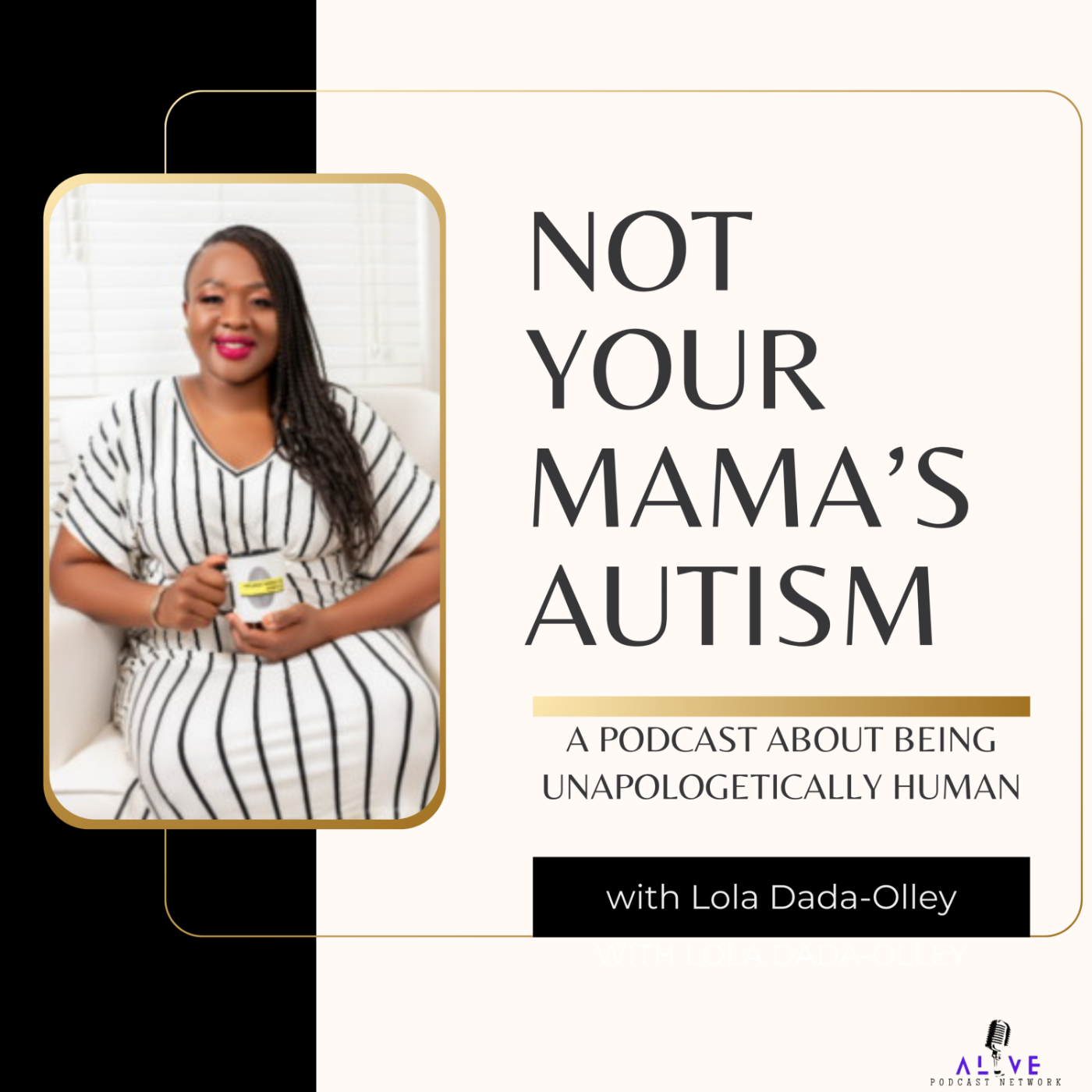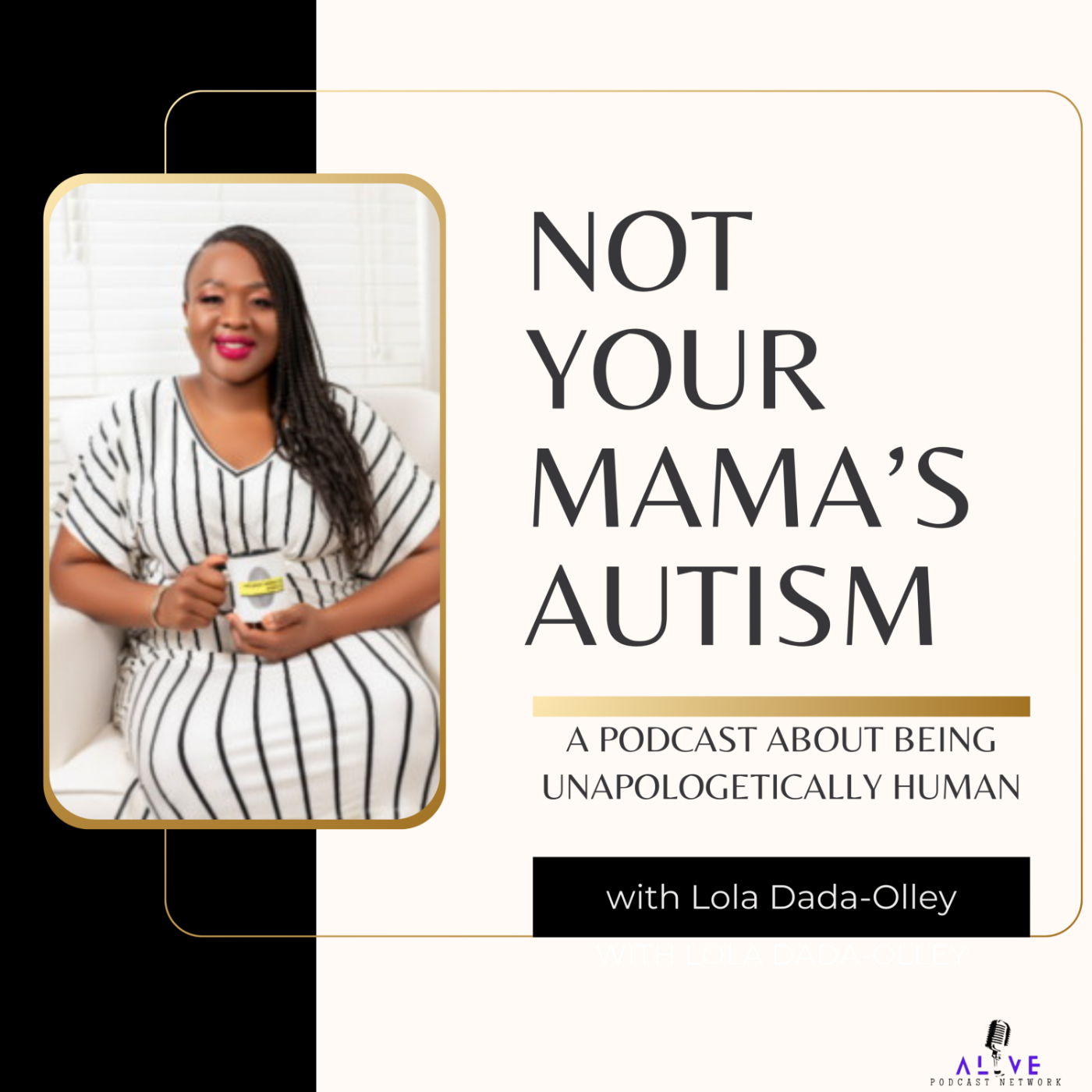Not Your Mama's Autism (NYMA)

Not Your Mama's Autism (NYMA)
Podcast Description
NYMA is the story of one family's experiences with autism through a multi-generational lens. Hosted by a woman who is both the older sibling to a non-verbal man living with autism and now the mother of two children on the autism spectrum, NYMA takes on topics like autism awareness now compared to thirty years ago, past and current treatments, allies, special education pre-Covid-19 and during Covid-19, disability rights broken down by zip code, marriage therapy along the autism journey, intersectionality of race and disability, corporate inclusion efforts and much more.
Podcast Insights
Content Themes
The show covers a wide range of themes including autism awareness, personal narratives, education and transitions for children on the spectrum, corporate inclusion efforts, and cultural stigma around disability, with episodes focusing on accessible healthcare, advocacy for systemic change, and experiences of neurodiverse individuals.

NYMA is the story of one family’s experiences with autism through a multi-generational lens. Hosted by a woman who is both the older sibling to a non-verbal man living with autism and now the mother of two children on the autism spectrum, NYMA takes on topics like autism awareness now compared to thirty years ago, past and current treatments, allies, special education pre-Covid-19 and during Covid-19, disability rights broken down by zip code, marriage therapy along the autism journey, intersectionality of race and disability, corporate inclusion efforts and much more.
navigate oral care and the world in general with sensory sensitivities in mind.
It’s also a film about neurodivergence, sensory differences, and how the world
can be better designed to accommodate people. It’s a Vox Media produced film in partnership with
Haleon and Sensodyne as part of Sensodyne’s Sensory Inclusion Initiative, a
mission to build better sensory inclusion in oral care.
- The documentary ‘Sensory Overload’ focuses on sensory sensitivities in oral care.
- Filmmakers share their personal journeys into storytelling.
- Documentary filmmaking involves preparation but requires adaptability.
- Creating a safe filming environment is crucial for participants.
- Editing is an iterative process that emphasizes emotional resonance.
- Diverse stories can connect through shared experiences of neurodivergence.
- Personal reflections on neurodivergence enrich the storytelling process.
- Knowing when to let go of a project is part of the creative process.
- The film aims to spark positive conversations about neurodivergence.
- Storytelling has the power to make individuals feel seen and heard.

Disclaimer
This podcast’s information is provided for general reference and was obtained from publicly accessible sources. The Podcast Collaborative neither produces nor verifies the content, accuracy, or suitability of this podcast. Views and opinions belong solely to the podcast creators and guests.
For a complete disclaimer, please see our Full Disclaimer on the archive page. The Podcast Collaborative bears no responsibility for the podcast’s themes, language, or overall content. Listener discretion is advised. Read our Terms of Use and Privacy Policy for more details.